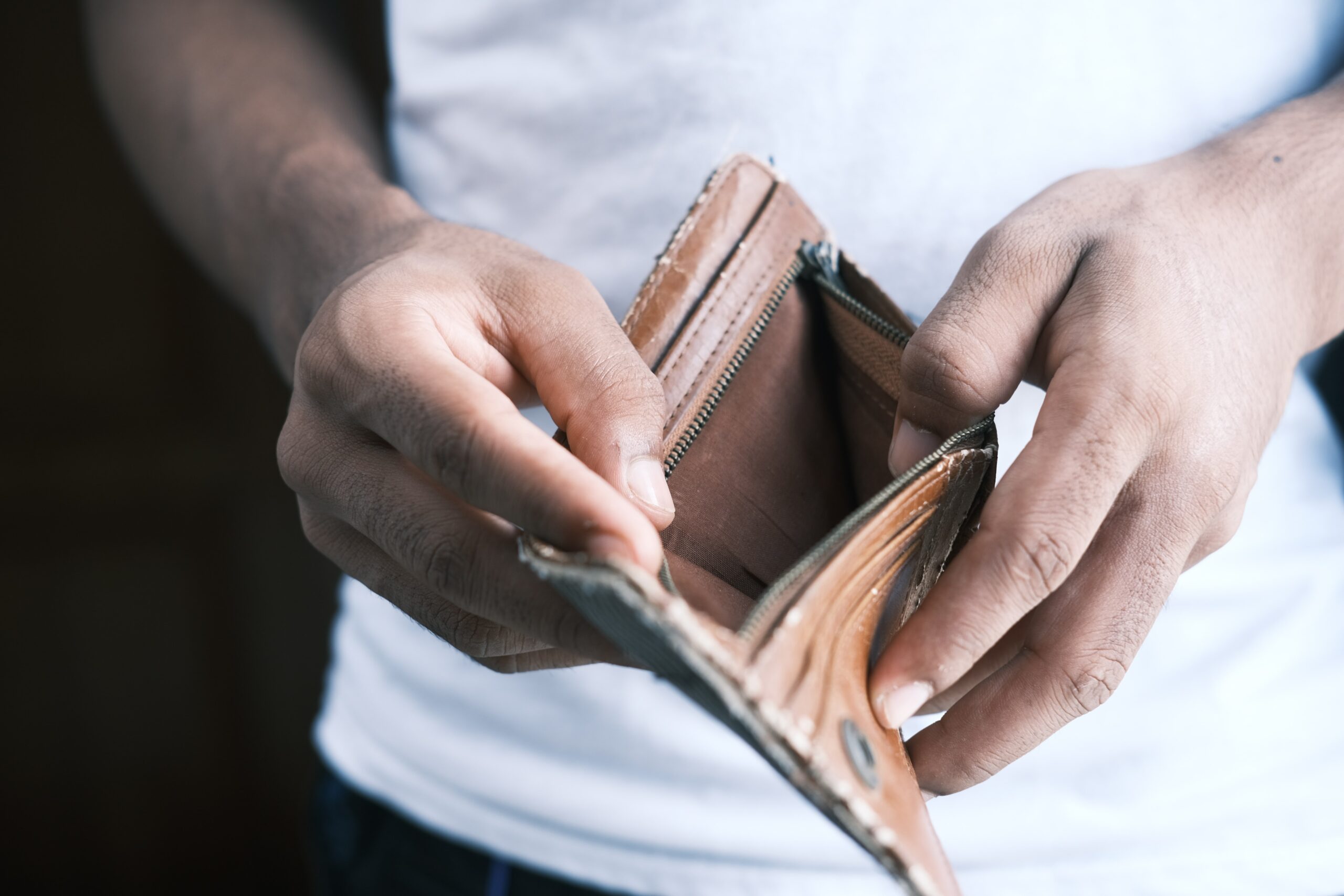Washington D.C. (Special to ZennieReport.com) – This is a really scary indicator Democrats and Republicans must be mindful of as we approach Election Day in America. It’s also important to realize that in cities like Oakland and San Francisco, the problem is even worse. A Wallethub study revealed that one-third of Americans can’t afford to save money.
That’s right, one of every three working Americans in America need all of the money they make and are not able to save any of it. And that problem points to a stress about credit card debt.
WalletHub analyzed Federal Reserve data released today and found that credit card debt hit a new record high of $1.30 trillion in August 2024 but is actually $99 billion below the record from 2007. With the average credit card APR remaining quite high despite the Fed’s recent rate cut, WalletHub projects that credit card debt will increase by $100 billion by the end of 2024. You can find other takeaways from WalletHub’s latest Credit Card Debt Survey below.
- Very Stressed Over Debt: 35% of Americans are very stressed about their credit card debt.
- Costly Mixture:62% of people charge everyday purchases to credit cards they carry debt on (so every purchase accrues interest).
- Can’t Afford Savings:Nearly 1 in 3 people say they can’t afford to save money right now.
- Non-Essential Debt:1 in 5 Americans say that most of their debt comes from nice-to-have expenses, rather than necessities.
- BNPL Loan Worries:More than half of Americans are worried about “buy now, pay later” loans showing up in their credit report.
- Recession Concerns:35% of Americans think the economy will go into a recession before they pay off their credit card debt.
“Many Americans feel like they’re in a very tough spot financially right now. Nearly 1 in 3 people say they can’t afford to save money, according to WalletHub’s new survey, and more than one-third of us are very stressed about credit card debt. Although lower interest rates will help to some extent, credit card debt hasn’t left record-high territory. We’re still projecting to end the year with $100 billion more credit card debt than we started with, and 35% of people expect a recession before they pay off what they owe. Let’s hope that doesn’t happen, but the very rate cuts giving people with credit card debt breathing room now could end up being what actually hasten an economic downturn if they trigger a resurgence in inflation.”
– John Kiernan, WalletHub Editor
Tips for Minimizing the Effects of High Interest Rates
- Separate your everyday expenses from your debt.Nearly two-thirds of Americans make everyday purchases with the same card they use to finance expenses over time. That’s a costly mistake. When you carry a credit card balance from billing period to billing period, you lose your grace period for new purchases. That means interest starts applying to new purchases right away. But if you use one card for ongoing debt and another for everyday purchases that you can pay off by the due date, the everyday purchases should never accrue interest charges.
- Use a balance transfer deal to lower the cost of existing debt.The best balance transfer credit cards can give you a break from interest charges for as long as 21 months, and attractive offers are accessible to individuals with fair credit or better. A prolonged 0% introductory period can yield significant savings on interest, helping you get out of debt faster.
- Use a rewards card for everyday spending.You can save 1% to 2%+ on every purchase with the right rewards card. You might also save a couple hundred dollars with an initial bonus. And if you plan to pay the bill in full monthly, the interest rate won’t matter.
- Improve your budgeting and saving efforts.There are several good budgeting tools available to consumers for free or a low cost. For example, WalletHub’s free budgeting tools can help you get organized, set up your budget, and analyze your performance. Taking ownership of your budget can help you free up some room for emergency fund contributions and debt payments so you can get out of debt and stay there.
- Work to improve your credit score.People with higher credit scores tend to pay lower interest rates. For example, the average APR among credit cards for people with fair credit is 27.19%, while the average for people with excellent credit is 18.26%, according to WalletHub’s database of 1,500+ credit card offers. Having good or excellent credit also makes it easier to get credit cards with a 0% introductory APR.
- Be careful with store financing offers.Store credit cards with 0% APR promotions usually use something called deferred interest. If you don’t pay off the full amount of your purchase by the end of the promotional period, the regular APR applies retroactively to what you bought. That can increase your interest charges by 27.5 times compared to the average credit card, and it can happen overnight.
